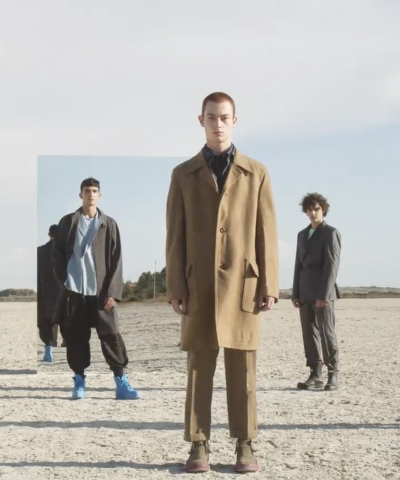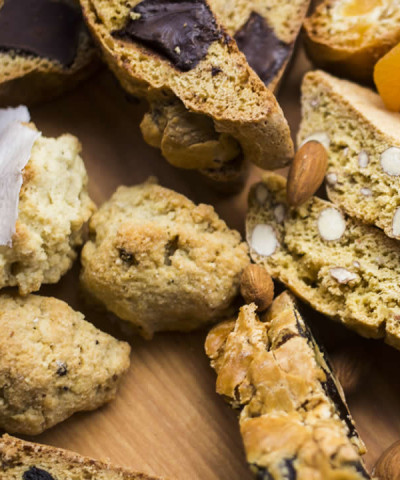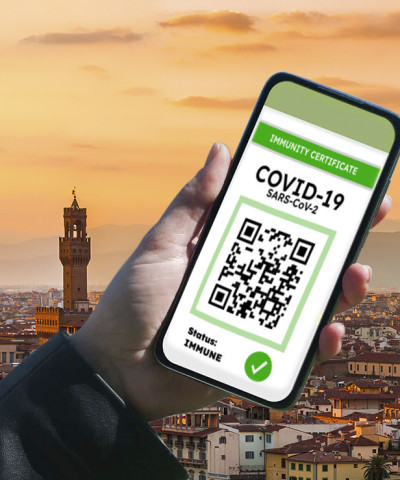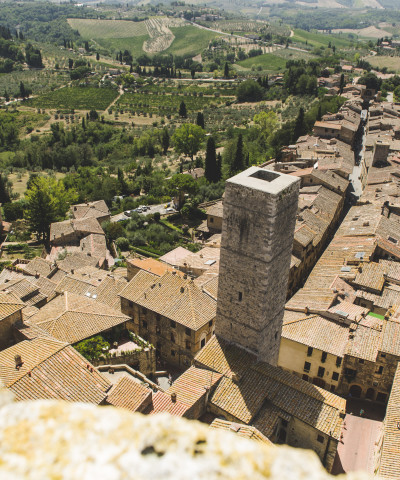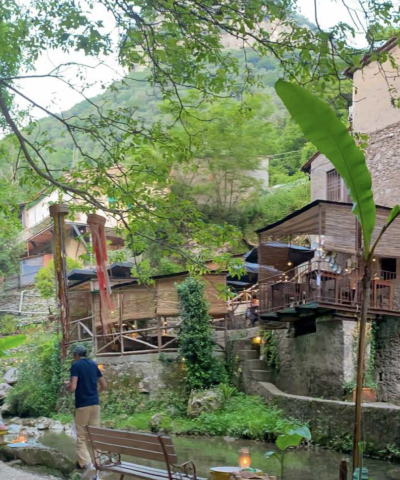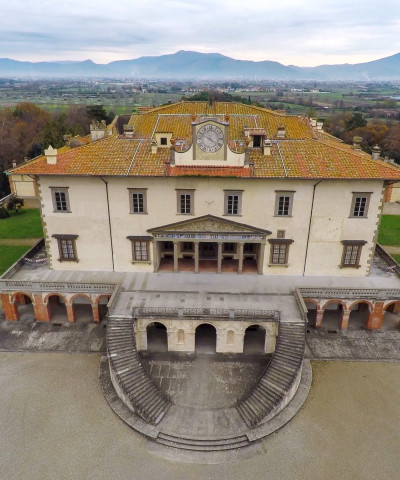Is the coronavirus still a problem?
We meet the general director of the Spallanzani Hospital in Rome, Dr. Marta Branca. In light of the positive trends of this period, here is his optimistic but cautious point of view
First country in Europe to face the coronavirus, Italy, thanks to its national health system among the best in the world and to drastic measures of social distancing imposed by the Government before any other western country, has been a real model. In three months we have managed, with the commitment of all, to flatten the curve of the contagions until almost reaching, at the moment we are writing, almost zero grade.
Can we talk about safe country then? Probably yes, but we preferred to ask Marta Branca, Director General of the Istituto Nazionale per le Malattie Infettive “Lazzaro Spallanzani” in Rome, the Italian excellence in the treatment and research of infectious diseases, the first structure to confront the virus since early February and the first institute in the world to isolate covid19.
The Spallanzani Hospital with a dual vocation for assistance and research. What research are you focusing on right now to defeat the Coronavirus?
The diffusion models of the epidemic, the characterization of the virus, the study of the interaction of the virus with the human being, the study of the immune response in the different phases of the disease, the development and evaluation of systems to diagnose the virus, the description of clinical manifestations, drug testing. Among the most important studies is the development of in vitro mini organ systems and the identification of molecular mechanisms of the interaction between the SARS-CoV-2 virus and the human organism. This is one of the most promising approaches, the so-called network medicine: it allows to identify molecular distinctions, which identify or predict how the disease will evolve in a person or how the same person will respond to a treatment.
You have welcomed and solved the first case in Italy of Coronavirus found in two Chinese tourists and were among the first in the world to isolate the new virus. What were the strengths of your intervention with regard to the Covid19 emergency?
INMI is a Scientific Institute of Hospitalization and Treatment specialized in infectious diseases. Our staff is perfectly trained to use protocols, guidelines, procedures, devices to assist people with infections and therefore to avoid contagions. We have a structure with adequate paths to keep operators and patients safe; we have diagnostic laboratories with high technology and our researchers are highly experienced professionals who know how to work in teams and enhance the skills of each one. The Covid emergency did not spare us in terms of commitment but did not catch us unprepared.
The contagion curve has decreased in recent weeks and the proportion of the most serious cases is falling. Can we talk about a favorable trend?
The recent decrease in contagions and the positive trend in healings gives us hope and comfort. But this result is partly a consequence of the long lockdown period which has effectively prevented contact between people. In the coming weeks, if everyone keeps to the rules, we will be able to keep the contagion curve low and at that point we will be able to speak with more knowledge of the favourable trend.
We would like to be able to give a message of hope and optimism about the level of security in Italy for the coming months. Is it possible to do that here with your scientific expertise?
It is necessary and appropriate to be "cautiously optimistic". We must look to the future with a positive attitude but at the same time maintain a balance in our consideration of the situation. Our country is proving to be responsible, even though we all went through a difficult period. But the emergency is not over, the virus is not yet eradicated, preventive measures must be maintained. We must not give in to extremes: neither scaremongering nor fear, but neither excessive enthusiasm, thinking that everything is now over.
There are so many questions we've all been asking ourselves during this time to try to avoid coronavirus infection. Some relate to daily habits such as hygiene at home and personal hygiene. Can the vehicle reside in particulate matter as some studies are trying to investigate?
It is true that there are many questions that we have asked ourselves and we ask ourselves about how to avoid contagion, and this is because now on the social media and on the internet we read everything and sometimes there is confusion. There does not seem to us to be any scientific evidence on the fine dust that would be the vehicle of the virus. Viruses need living substrates to live.
What basic precautions do we still need to keep in mind and respect in order to contribute responsibly to safeguarding ourselves and others from the spread of the virus?
The minimum precautionary measures which we have now learned well and which the health institutions do not tire of repeating: Wash your hands often with soap and water or hydroalcoholic solution, avoid touching your eyes, nose and mouth with your hands if you have not just washed, keep a distance of at least three feet or use a face mask, use a cough label (cover yourself with a handkerchief if you have to sneeze or cough or do it in the crease of your elbow), do not go to the emergency room if you have febrile or flu symptoms and contact your general practitioner, pediatrician, or doctor's or regional emergency room numbers.
What was your first thought when you were informed of the decision of the President of the Republic Mattarella to confer on 2 June a recognition to the team of doctors and researchers of Spallanzani in the front line against Covid19?
A great emotion and almost disbelief. For us it was a great honour to be the place chosen by the highest office in the country to thank all the staff of the health facilities in Italy - and not only ours - for the extraordinary commitment and spirit of self-sacrifice shown during the period of the emergency, in some cases to the point of extreme sacrifice.
When and how do we get out of the coronavirus pandemic?
As soon as we have a vaccine available, which most countries in the world are working on. And in this challenge Italy is second to none and is deploying the best forces that are synergistically working hard to achieve this result.









